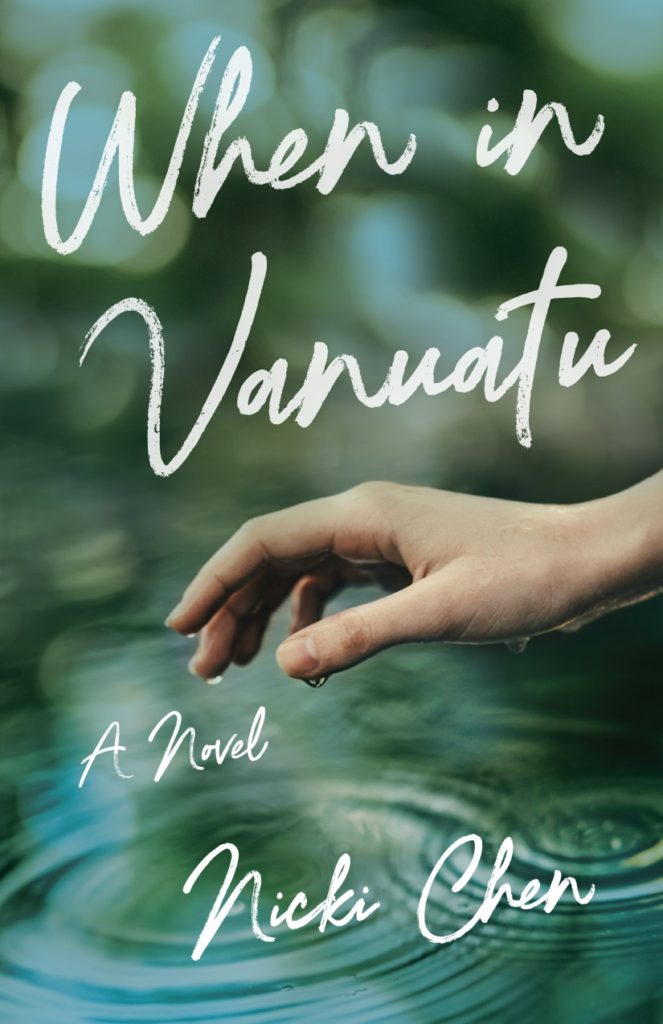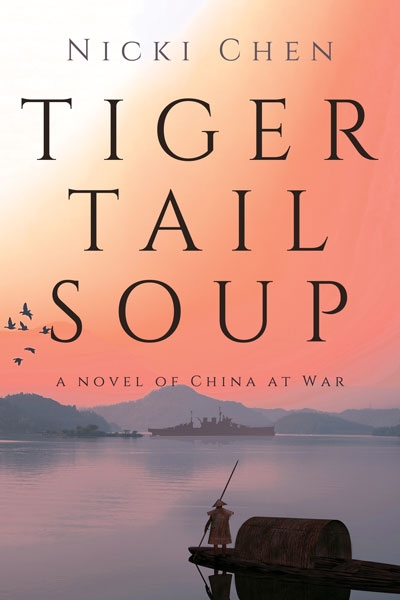
Surprises are a part of life. They’re what keep us from boredom and excessive routine, and for the most part, we welcome them.
Authors and film writers take advantage of our love of surprises by leaving us in suspense until a plot twist catches us unawares, and the more surprising the twist is, the better.
Do you remember some of these famous classical stories with surprise endings?
The Pit and the Pendulum by Edgar Allan Poe
The Tell-Tale Heart by Edgar Allan Poe
The Necklace by Maupassant
The Ransom of Red Chief by O. Henry
The Gift of the Magi by O. Henry
I must have read The Gift of the Magi when I was in middle school. Maybe you did too. A husband and wife, deeply in love but too poor to buy Christmas gifts for each other. Her one treasure is her beautiful hair; his, the pocket watch he inherited from his father. On Christmas, they open their gifts, and we’re surprised and dismayed to learn that she has sold her hair and bought a watch chain and he has sold his watch for some beautiful combs. A sad but beautiful story.
I bring up surprises in conjunction with this trip to a custom village because I think surprises are also an integral part of travel. We leave the comfort of home partially because we want to learn and experience something new. When we travel far from home, we can be assured that, no matter how carefully we plan ahead, there will be some surprises along the way.

Okay, I admit, the surprises my mom and I encountered on this day trip on the island of Tanna were probably more than usual. I suppose when you visit an island like Tanna, especially during the time before Google searches, big surprises are inevitable.
First was the volcano that roared and spit glowing lava rocks at us. (See Mom’s Trip to Yasur Volcano, Part Two.) Then the custom village.

I don’t know what I was expecting to see, but I didn’t expect our visit to be quite so intimate. Unlike Colonial Williamsburg, this village was not a showplace of times past. These were real people in their real homes, and I felt embarrassed to be gazing on them.
The people seemed all right with visitors, though. In fact, visitors came every day, paying $3 per head for the privilege. We were a group of four plus Philip, our guide, so the village earned $15 from us. I don’t know what they spent it on since the whole village looked self-sufficient.

When we visited Tanna, the population of the island was 22,000. The people spoke seven indigenous languages. Philip explained to us that there were groups on the island with three ways of life/religions:
- Those influenced by missionaries and modern life,
- The John Frum group/religion, which is a cargo cult deserving of a long article or a whole book,
- and those villages that have consciously chosen to live according to the ancient ways, their food and clothing, their houses, stories and dances, and their use of custom methods of medicine and education all remaining unchanged.

For our $3, they allowed us to wander around the village.

And then they put on a show for us.


They also set up a brief little market where they sold handicrafts such as woven bags and penis wrappers.
Have you had any memorable surprises on your travels?
****************************************************
(Even though Tanna is an island in Vanuatu where my next novel is set, my characters never visit a custom village.)



Penis wrappers? No, all or any surprises I may have encountered have been replaced by the thought-provoking penis wrappers…
The penis wrappers in this village are more like little brooms. In other places, they may be more like part of a banana leaf or a sheath made of some other material which are wrapped around the penis.The sheaths are also called nambas. There’s a tribe called the big nambas and another called the small nambas. The names have to do with the size of the penis sheaths they wear.
Wow! A way of life so different from ours! I wonder if this village is still like this or if it has been influenced by globalization. I also wonder what they used the money for, hehe.
From more recent photos I’ve seen, the village is almost the same. But nothing actually stays the same. Sometimes now the men wear a lava lava or a grass skirt, and the women pull their grass skirts up over their breasts. This may just be when outsiders visit. I think they still like their lifestyle. Peter (or Paul) at White Grass Bungalows told us that he had visited Port Vila once, and he hated it. He couldn’t wait to get back home. And Port Vila is just a small town, not a large city.
I hear they like to buy tobacco.
“They also set up a brief little market where they sold handicrafts such as woven bags and penis wrappers.”
Did you purchase penis wrappers for all the men on your gift list? 😯
Oh, dear! Nothing slips by you, Nancy. Yes. I did buy a penis wrapper. I can’t remember what I did with it.
I got stuck at penis wrappers. I was amazed when I went to the Polynesian Village in Hawaii but it was highly Americanized. It’s always amazing to see how little you really need to be happy. This must have been awesome. I may have felt like a voyeur based on my background. Great post.
I know. The penis wrappers catch everyone’s interest. There are various kinds from different parts of the country. These look like a grass skirt. But in some places, the penis is neatly wrapped in part of a banana leaf.
I think that subconsciously I was expecting something like the Polynesian Village in Hawaii. Like you, I did feel like a voyeur.
I learn so much from your posts!! And this one, made me think of all of my travels and I have found wonder people and beautiful interesting landscapes all over the world. I went to a lecture last week given by General John Kelly, and he couldn’t express enough how wonderful this world is… (and he has seen the good, the bad and the ugly).
It’s really nice to hear that General John Kelly is such an appreciative traveler. That’s what travel does to people, for the most part. Our hometown travel guru, Rick Steves, always talks about that as one of the benefits of travel.
Do you have any idea if the village still exists? And were the seven languages related to other Polynesian languages?
And now I’m off to google the cult.
I think the village still exists, although it may be evolving. I see photos on line of people from kustom villages on Tanna wearing more clothes than we saw. Instead of penis wrappers, the men were wearing grass skirts–at least when visitors were there.
The indigenous languages of Vanuatu are classified as Oceanic, which has many branches. Vanuatu is the Southern Oceanic link. Their grammar is mostly influenced by the languages of Papua New Guinea, but they have a large amount of Austronesian vocabulary.
A wholly intriguing post Nicki. I can’t really reciprocate in kind.
Thank you so much, Derrick. I’m glad you found the post intriguing.
Since I haven’t traveled very widely, I’m always pleasantly surprised whenever I travel. I met wonderful people in China and Jamaica. I was surprised at how helpful and respectful to adults my students in China were. American students could learn from them! 😀
I usually meet people from Canada everywhere I go! I wonder if Canadians are the most traveled people on the planet. I’d love to see a poll!
I also run into a lot of Canadians when I travel–also a lot of people from Seattle.
I’m glad you had a good time teaching in China. Everyone I know who had that experience liked their students a lot.